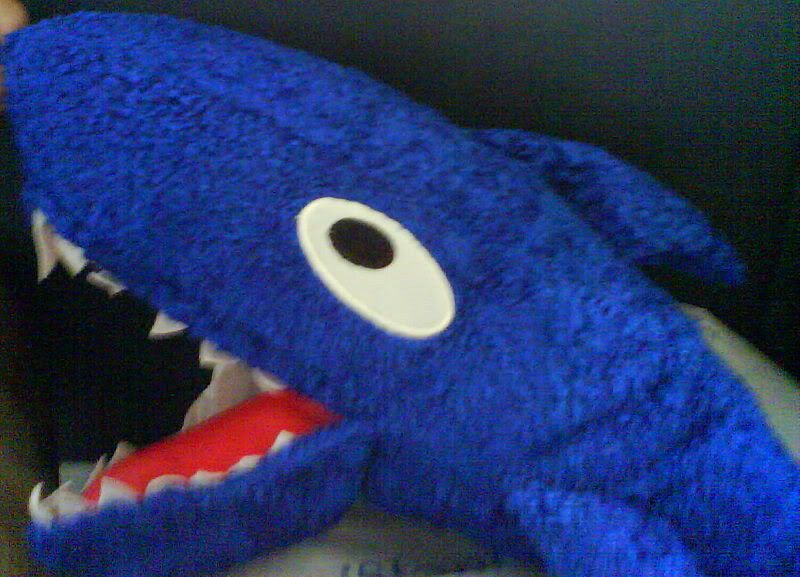Pathological symptoms: Love
Addicted to love
In the brain, romantic love shows similarities to going mildly insane or suffering from obsessive compulsive disorder. Studies show that when you first fall in love, serotonin levels plummet and the brain's reward centres are flooded with dopamine. This gives a high similar to an addictive drug, creating powerful links in our minds between pleasure and the object of our affection, and meaning we crave the hit of our beloved again and again.
Brain scans of people in love show that the old adage "love is blind" really is true. While the dopamine reward areas are excited in love, regions linked with negative emotions and critical social judgement switch off.
Heartbreaking
Painful emotions develop when the reward centres of the brain, associated with the dopamine high of falling in love, fail to get their hit. Paradoxically when we get dumped we tend to love back even harder, as the brain networks and chemicals associated with love increase. First we protest and attempt to win the beloved back. Panic also kicks in as we feel something akin to the separation anxiety experiences by young mammals abandoned by their mothers.
Then love can turn to anger and hate, as the regions associated with reward are closely linked to rage in the brain. Finally when jilted lovers are resigned to their fate, they will often enter into prolonged periods of depression and despair.
These negative emotions can spawn anything from obsession and domestic violence to stalking and even murder of supposed loved ones.

» Post a Comment